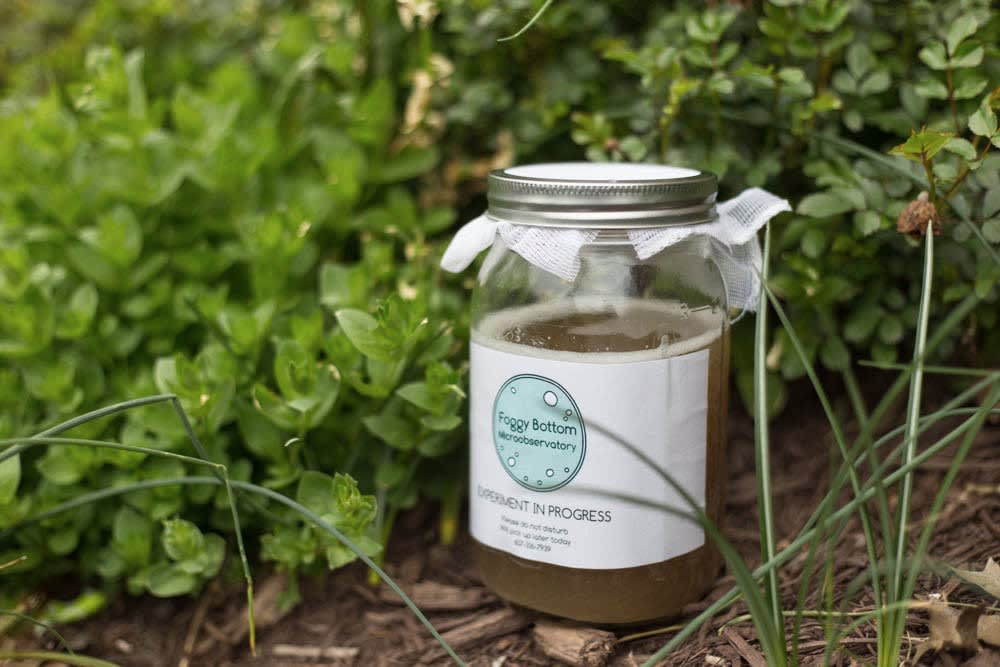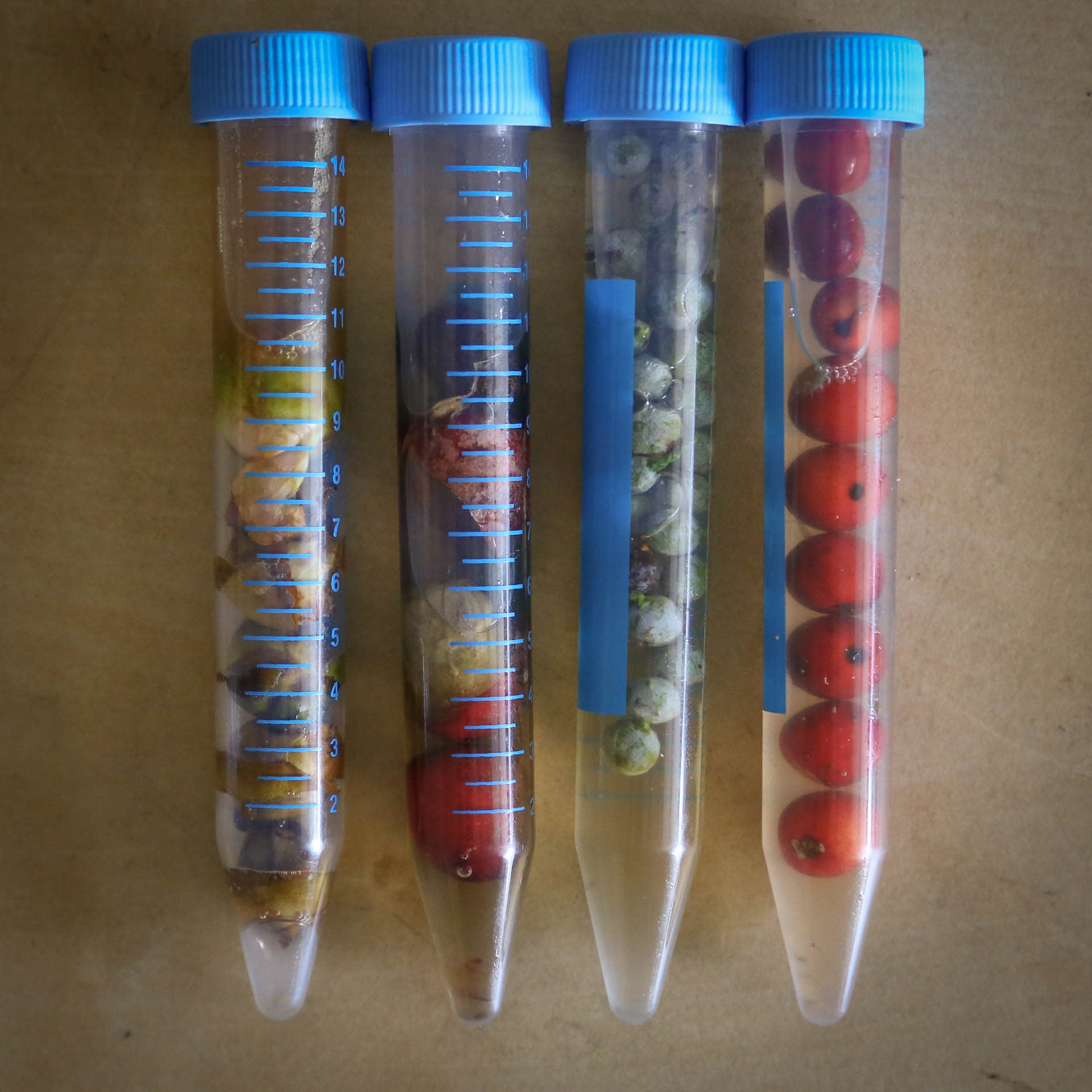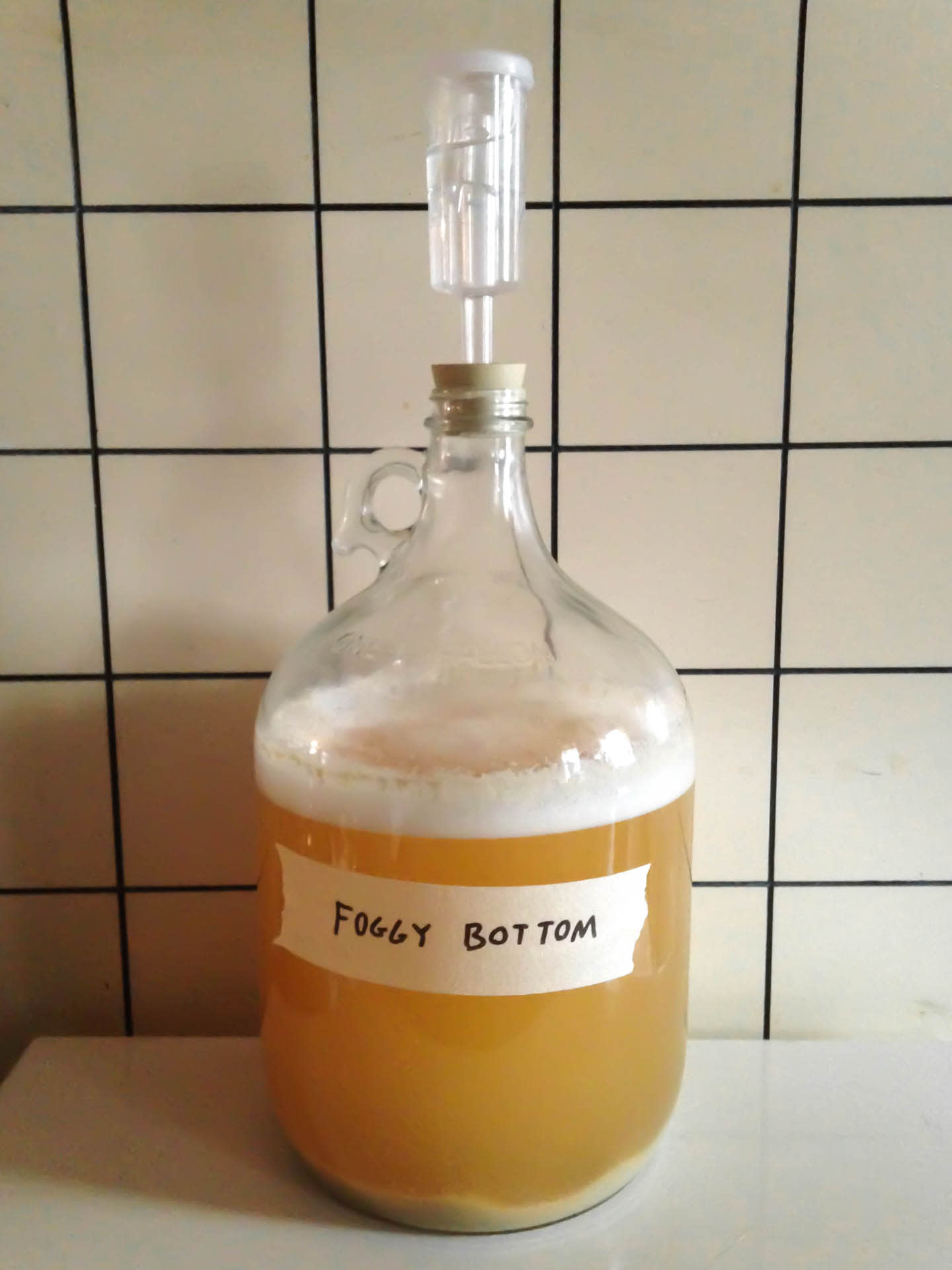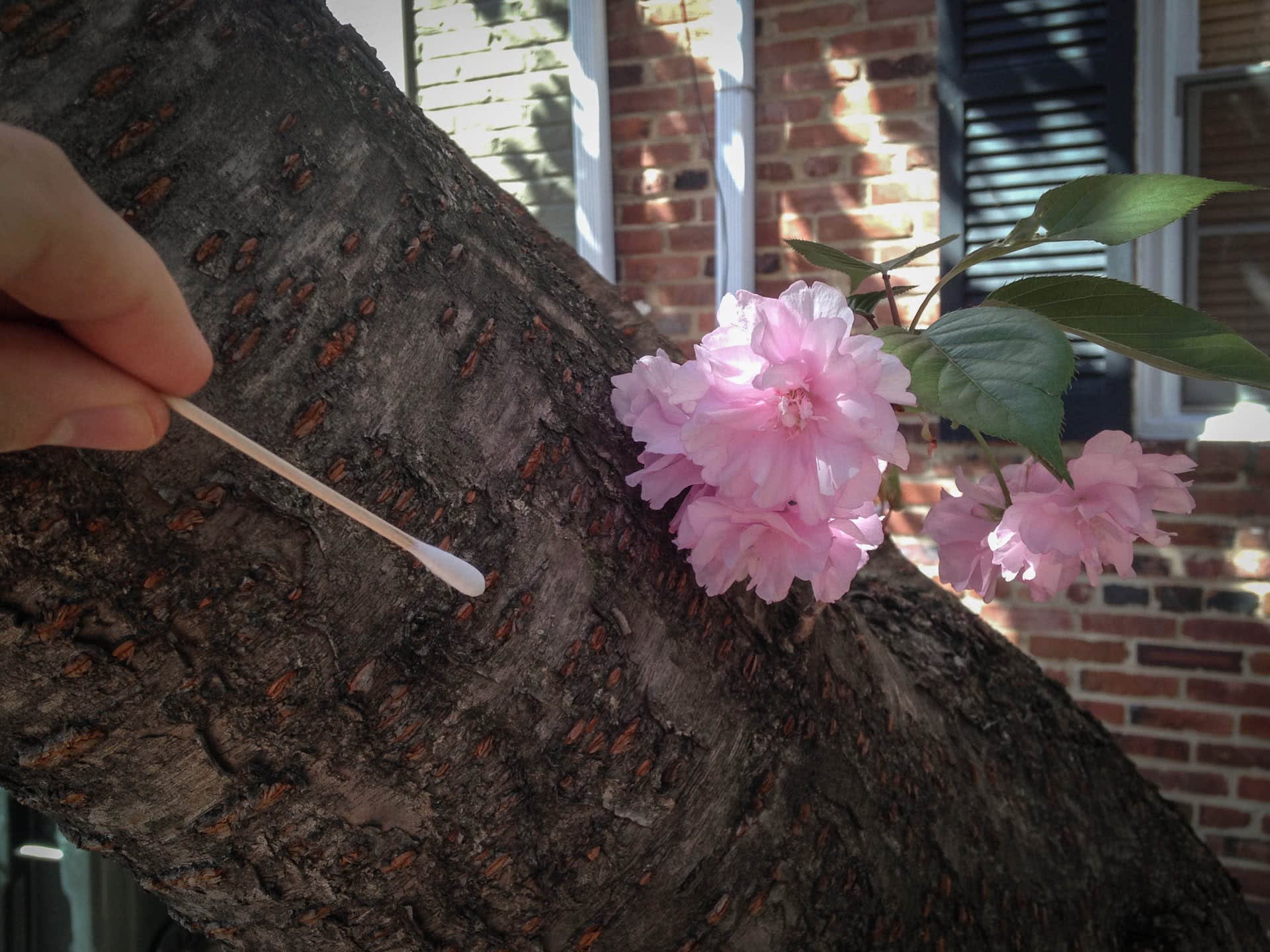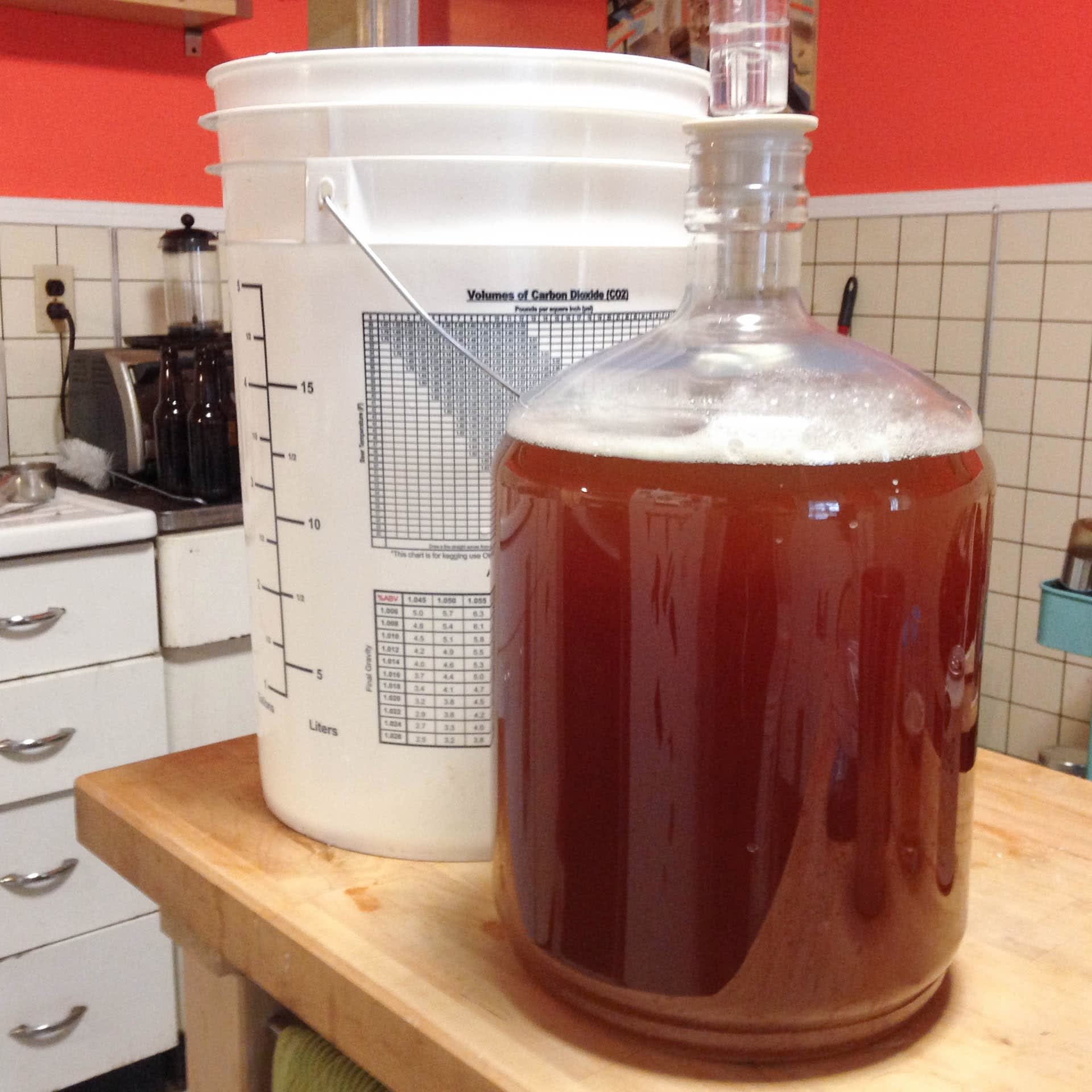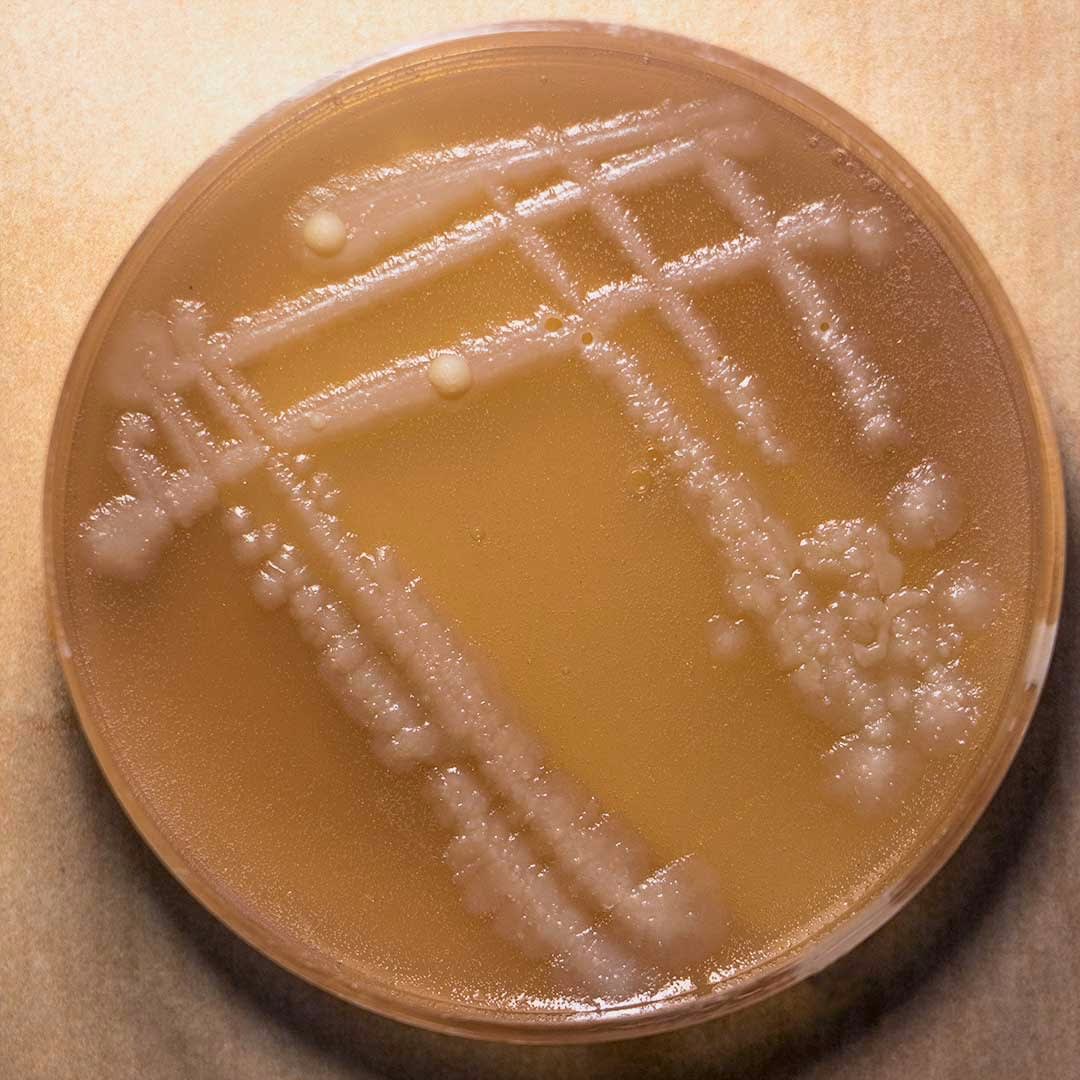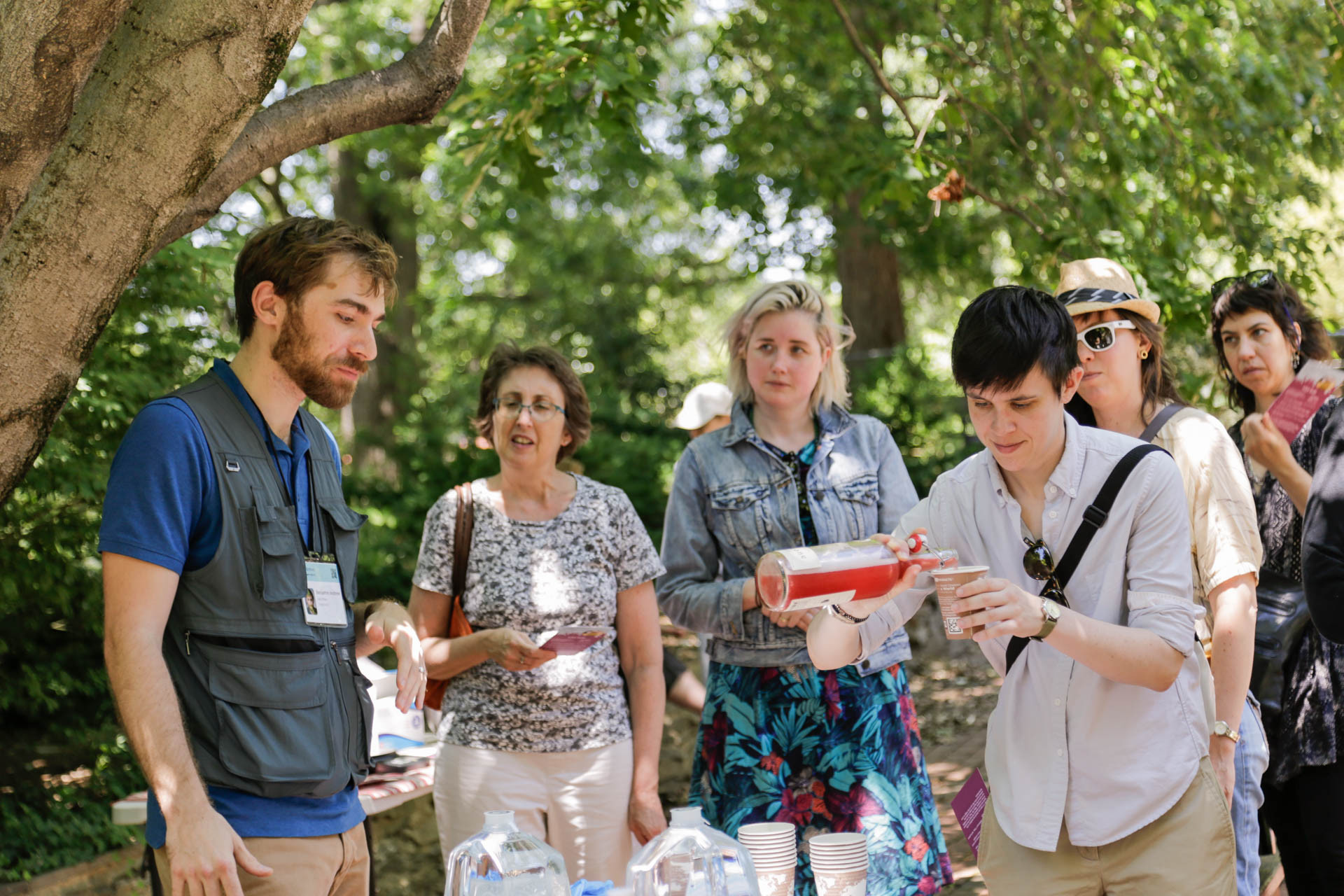
Drawing from the legacies of historic German breweries and the original United States Naval Observatory, the Foggy Bottom Microobservatory is a multimedia hub for research and imagination. This project is part of Turf and Terrain, the fifth Sculpture Biennial organized by Arts in Foggy Bottom and curated by Danielle O'Steen.
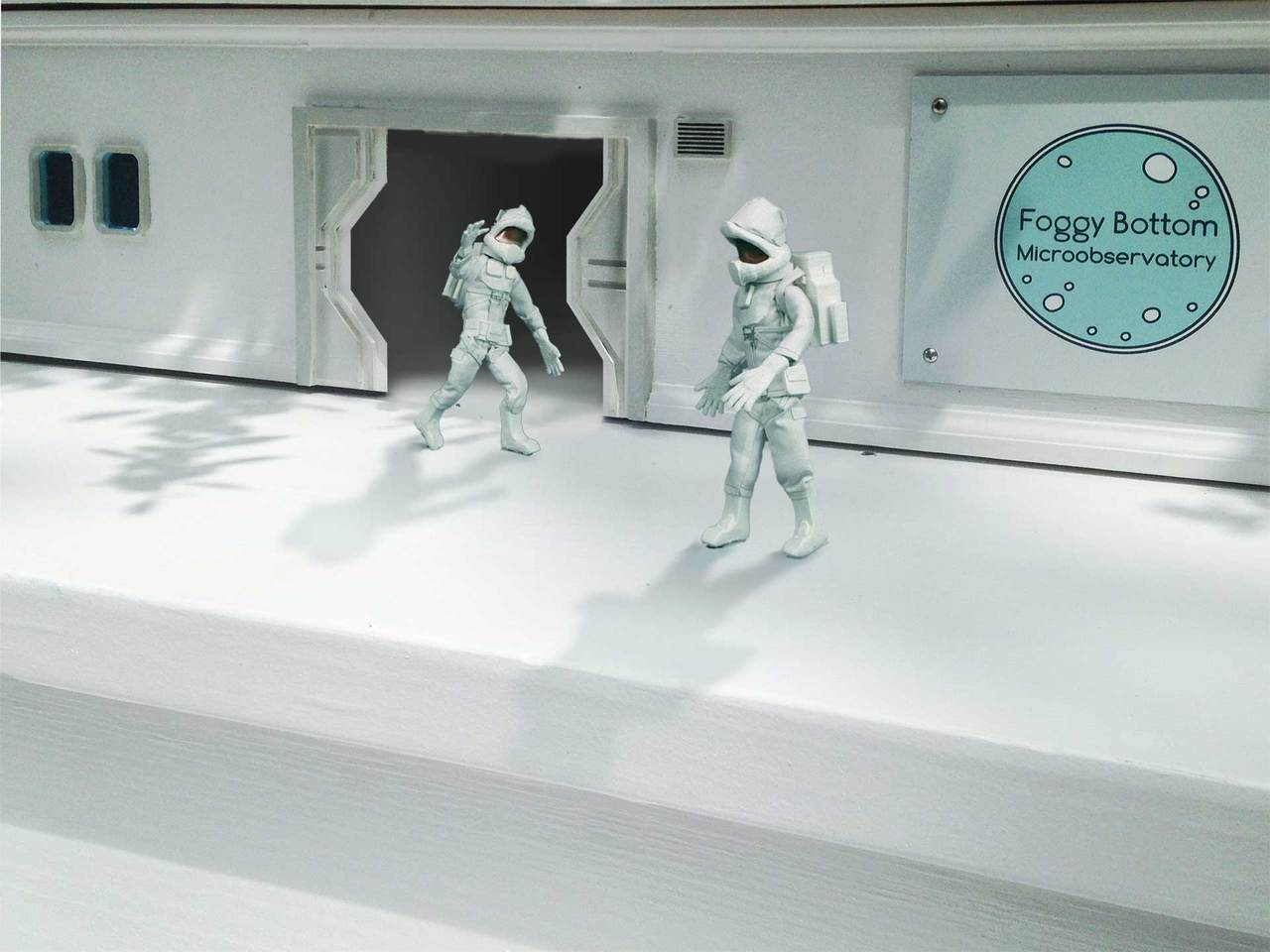
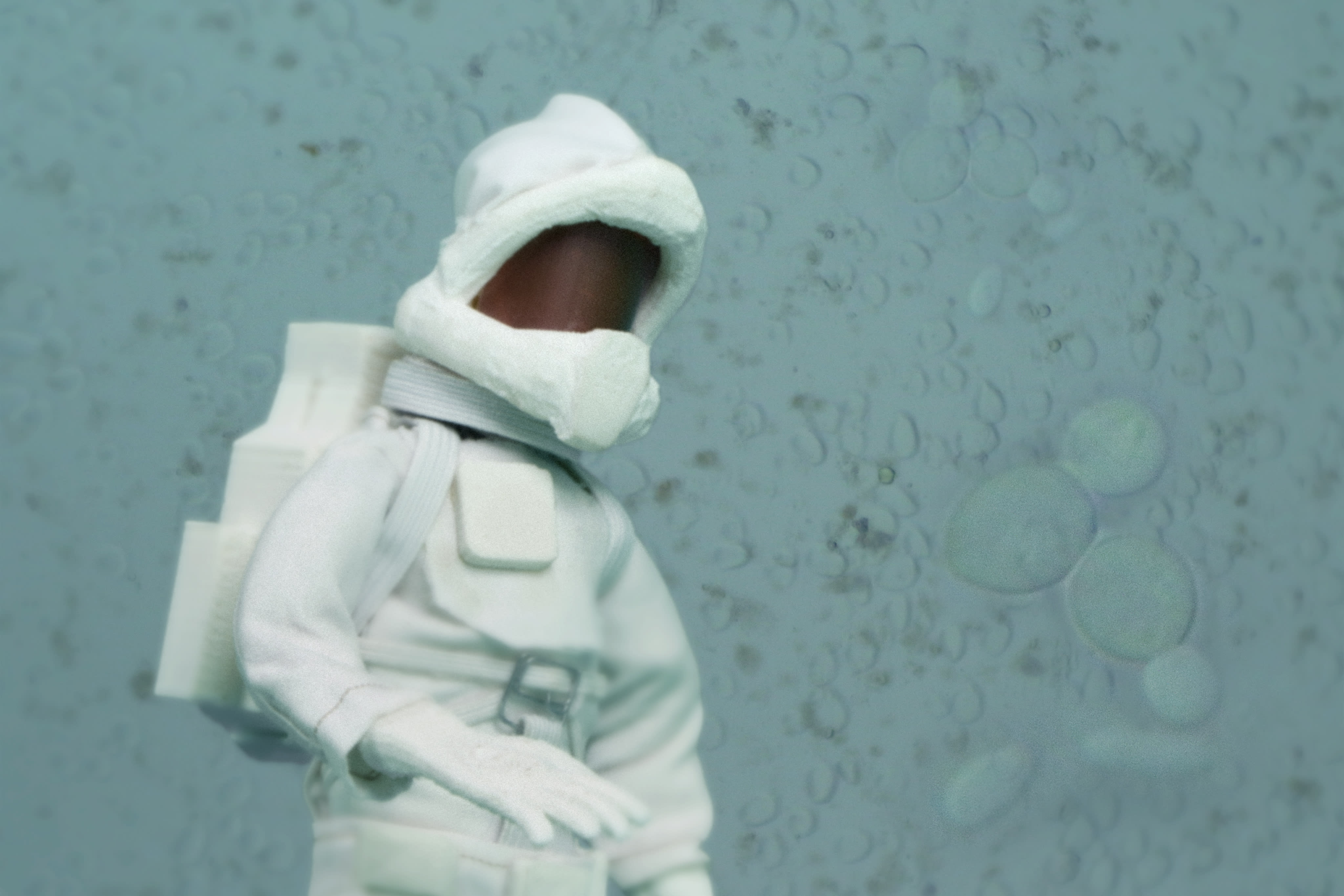
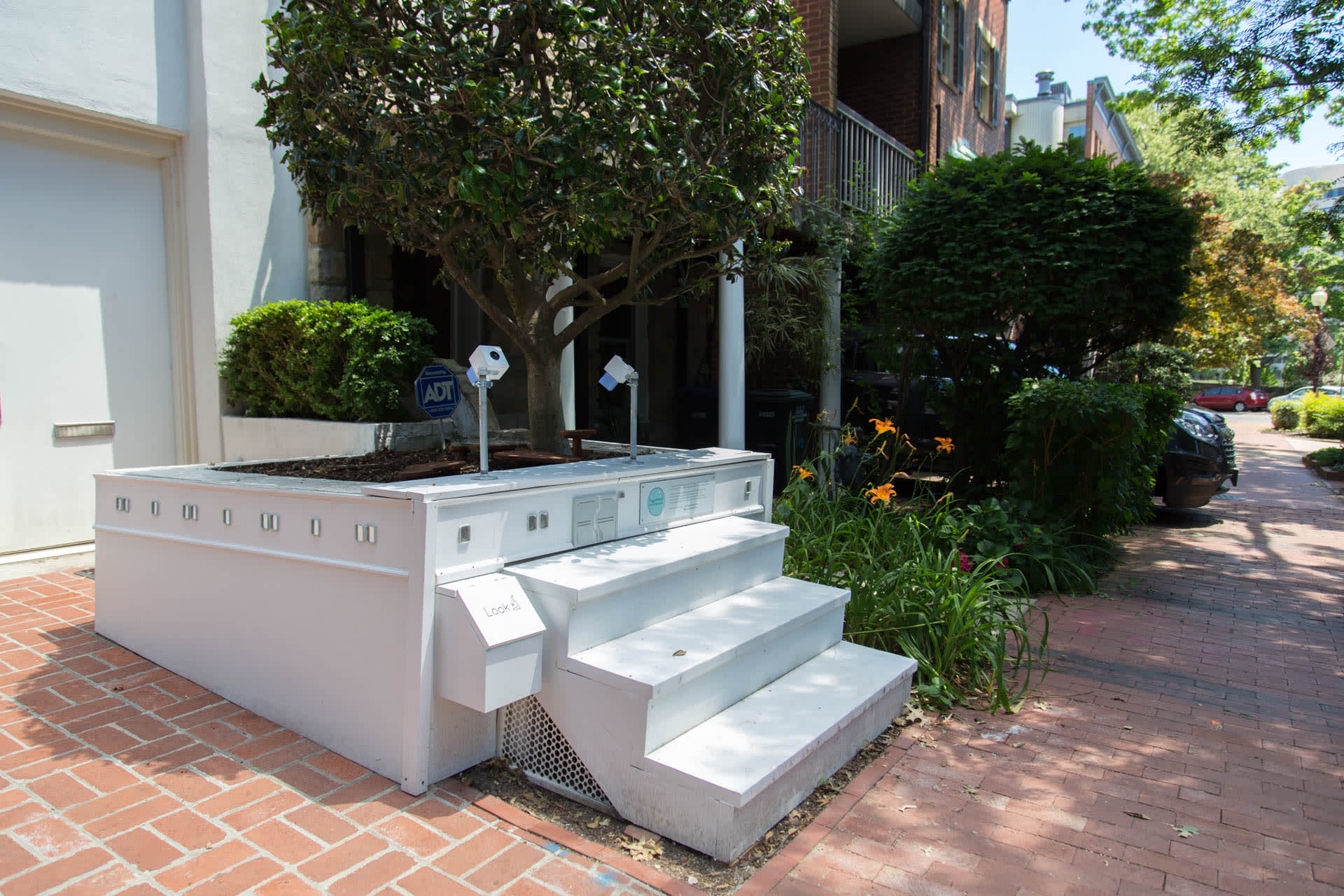

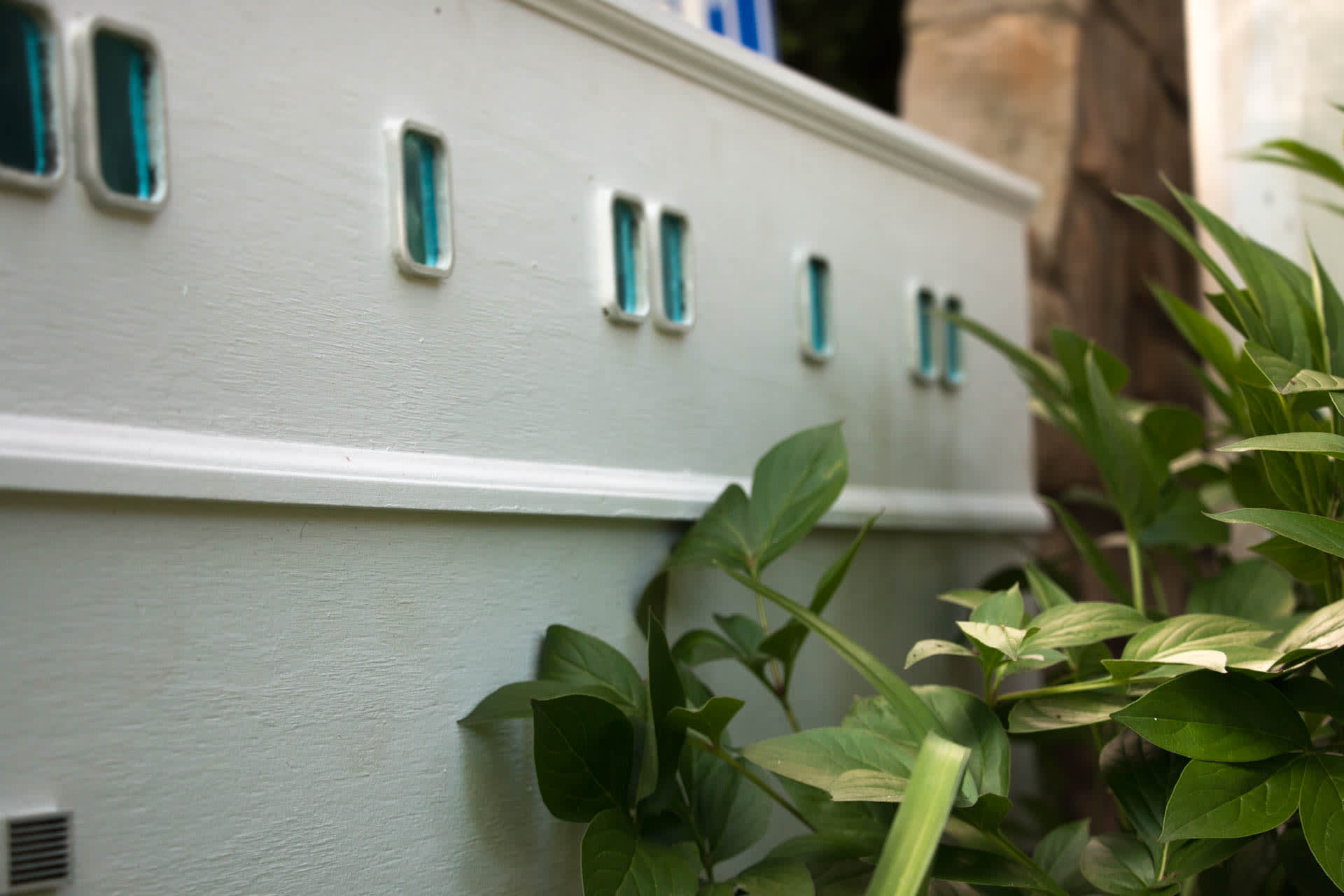

Taking the form of a miniature building, the Microobservatory is the base of operations for a team of researchers capable of shrinking to microscopic size to learn about the wild yeast and microbacteria inhabiting Foggy Bottom. These tiny microflora can be found all over the world, with specific varieties responsible for a rich history of fermented foods and drinks.
The original Naval Observatory was an early center for scientific study in the United States, sending out a daily telegraph at noon to mark the time for major cities and railroads. This expansion of regulated time united people under the shared objectivity of cosmological order. Today’s global culture has no need to synchronize watches, so the Microobservatory offers a chance to explore your own neighborhood by broadcasting daily updates on it ongoing experiments.
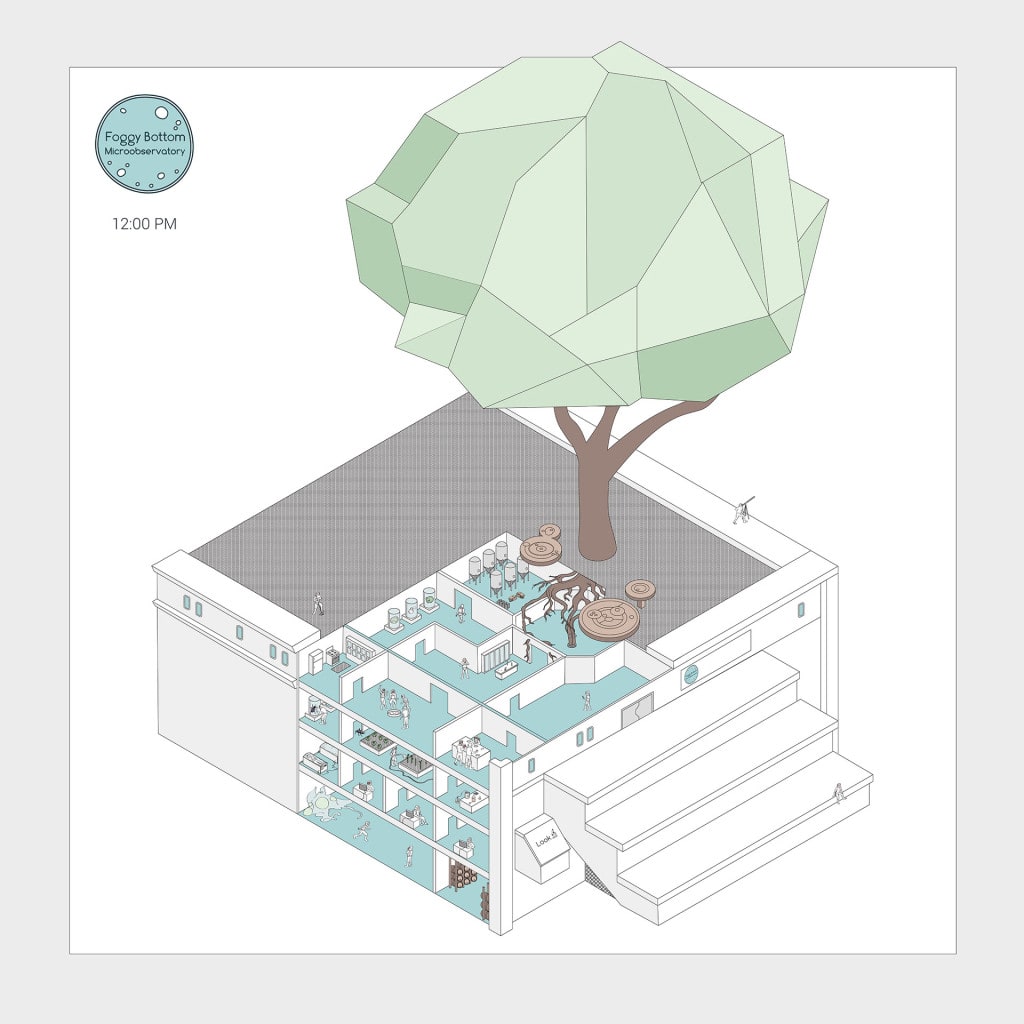
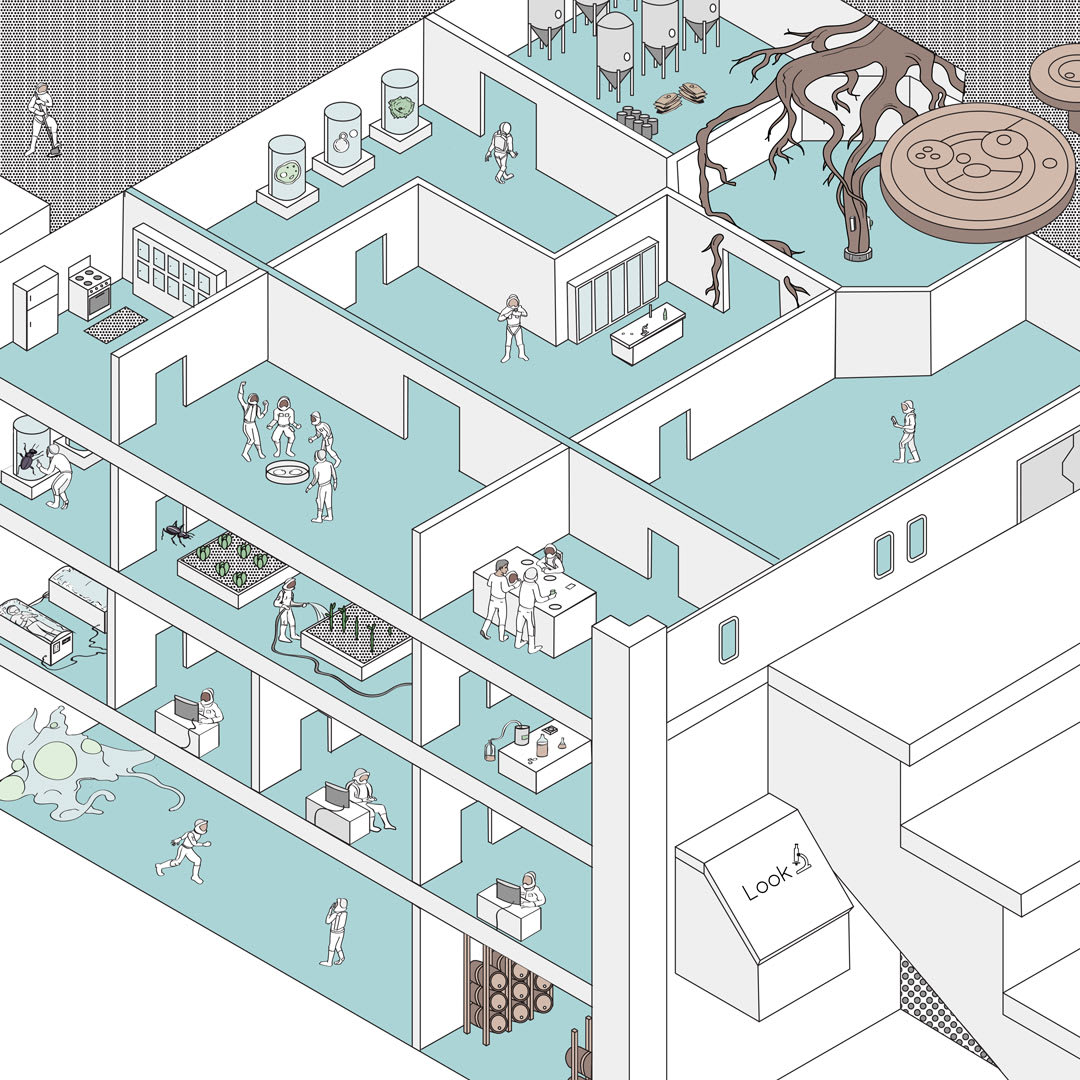
The daily broadcasts can be viewed at the project website or on Instagram. Follow @microobservatory for sequential homebrew experiments, fermentation recipes and field reports from the micronauts themselves, brave scientists able to shrink to microscopic scale in pursuit of wild yeast cells. Visitors to the Microobservatory can also engage with wild microbes through free workshops focused on natural fermentation.
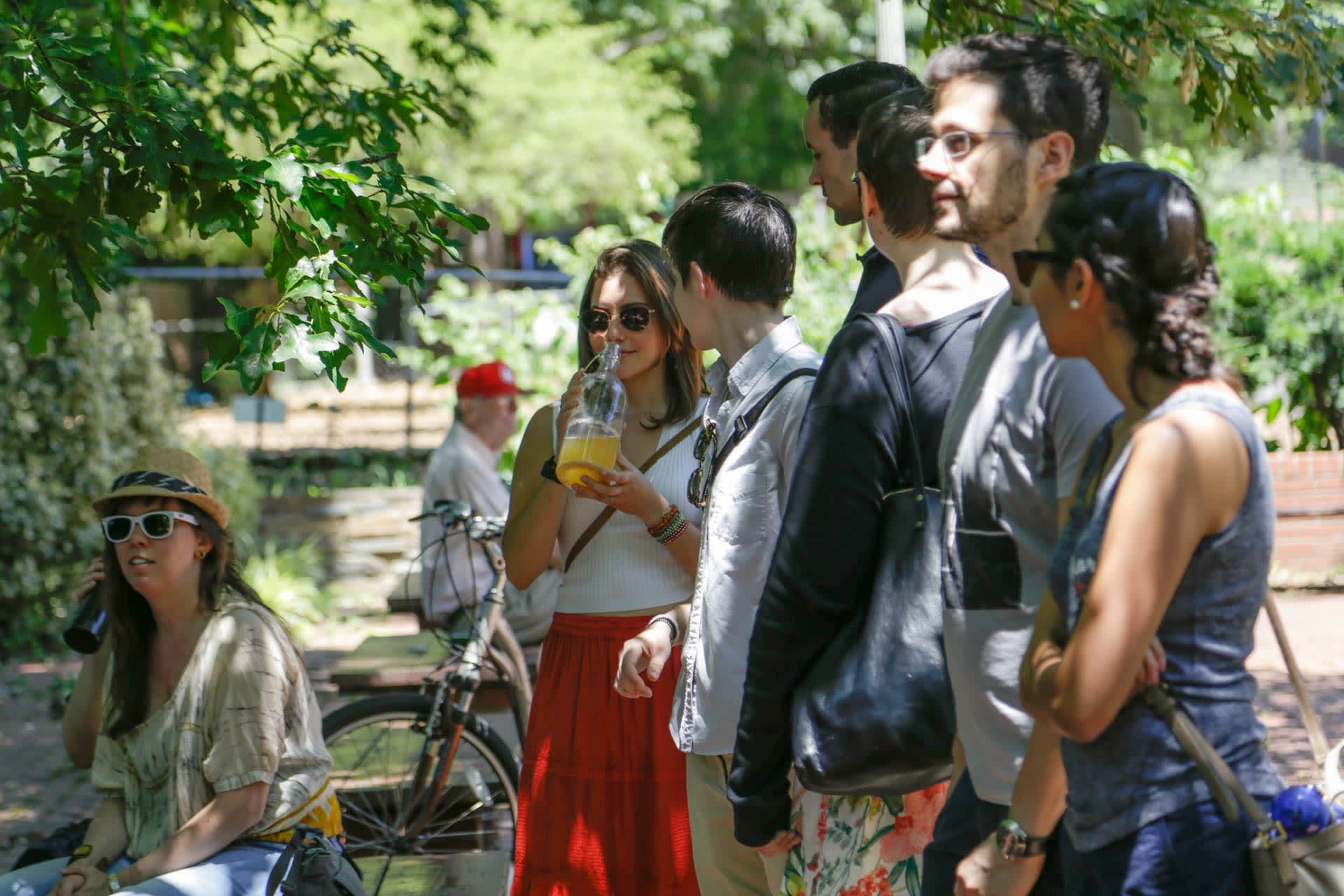
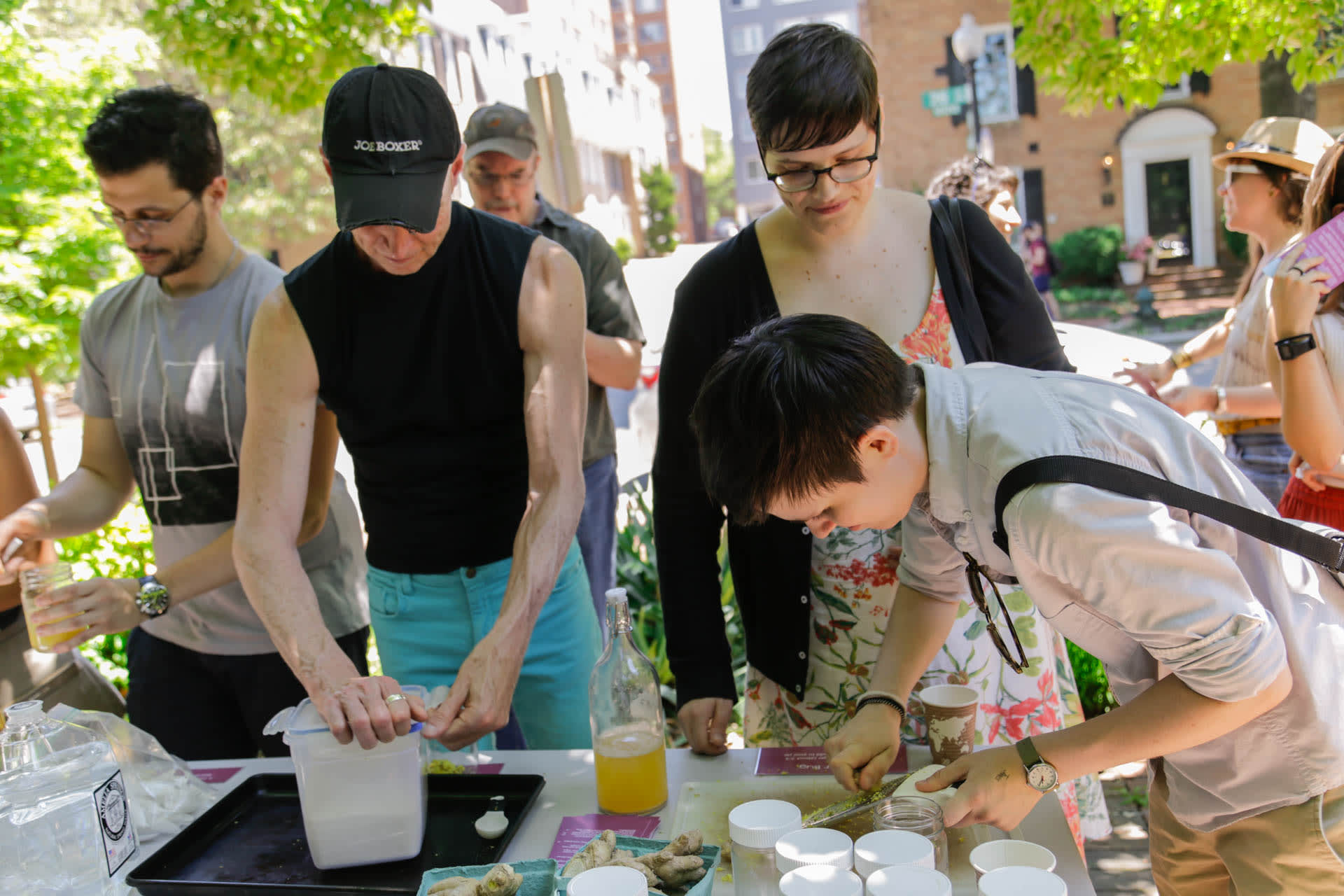
Workshops guide participants through the world of microorganisms as a way to investigate local surroundings and conduct experiments at home. Naturally fermented soda and sourdough bread are easy ways to harness wild yeast for delicious results that participants can take home. Brewing wild-fermented beer is substantially more complicated, but attendees have sampled local environments for yeast which are then cultivated for viability and added to the observatory's biological library.
